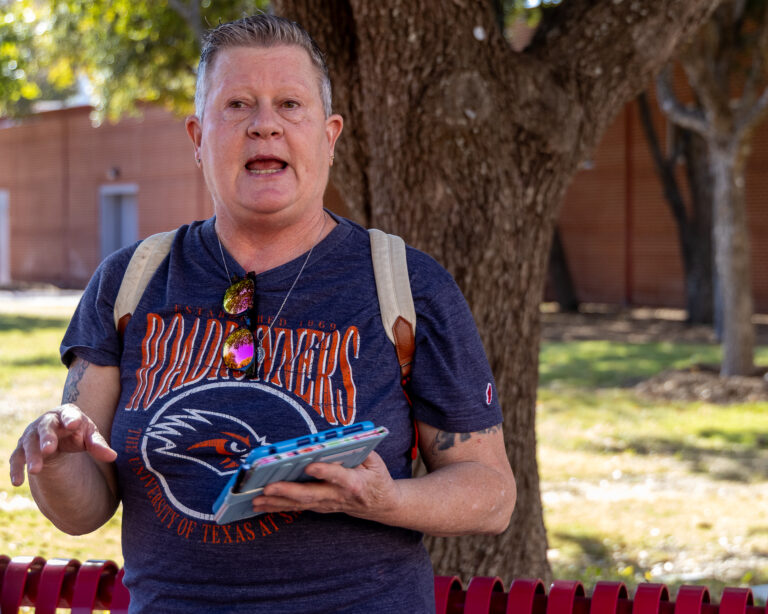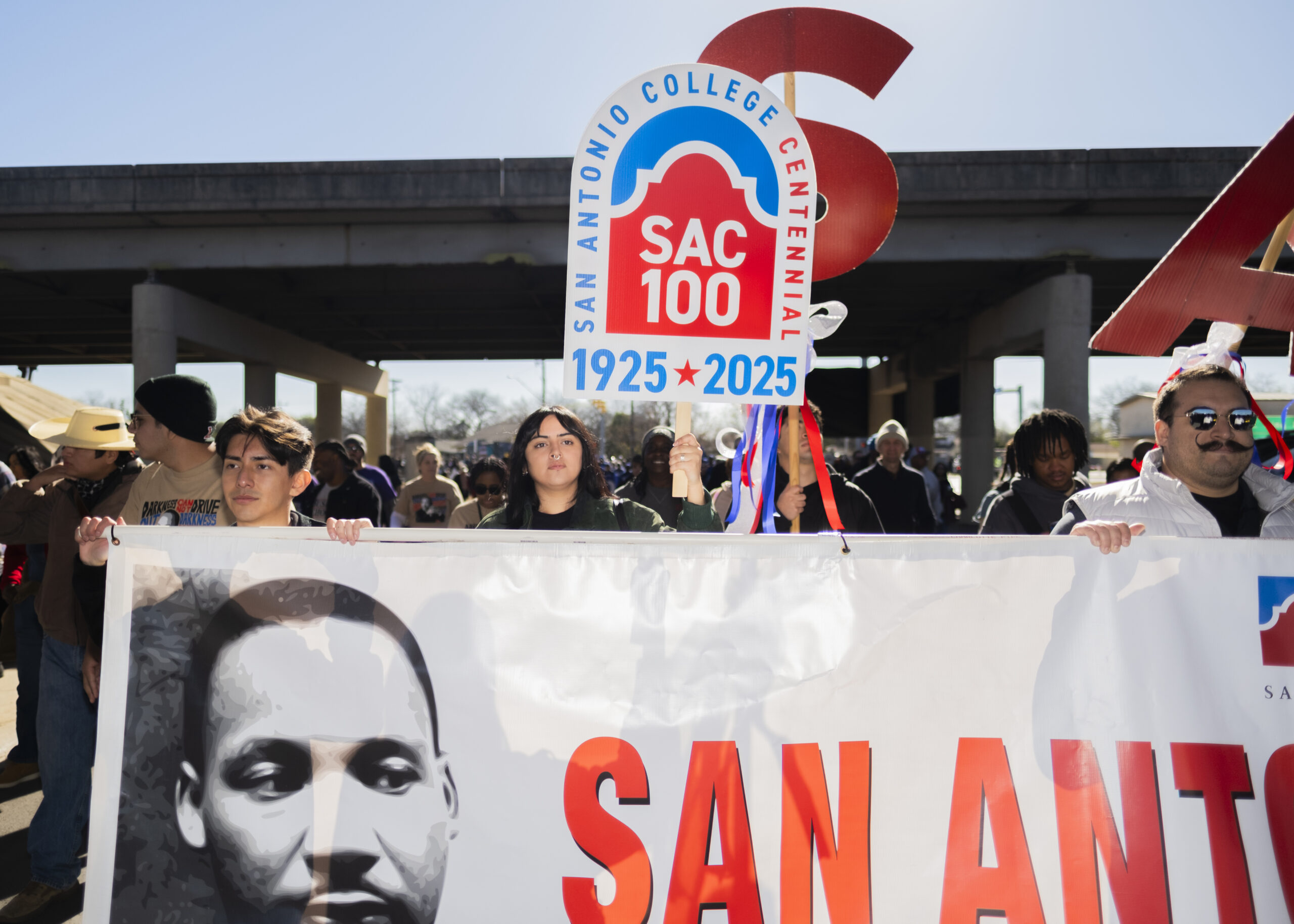Local historian and archivist Melissa Gohlke has become a hero in her community for her efforts to preserve the history of San Antonio’s LGBTQ+ spaces, especially in the Tobin Hill neighborhood.
Her research helped create the Pride Cultural Heritage District by documenting the community’s rich history.
Gohlke, who collaborates with the Arthur P. “Hap” Veltman Foundation and UTSA Special Collections, has dedicated 18 years to carefully mapping queer spaces across San Antonio.
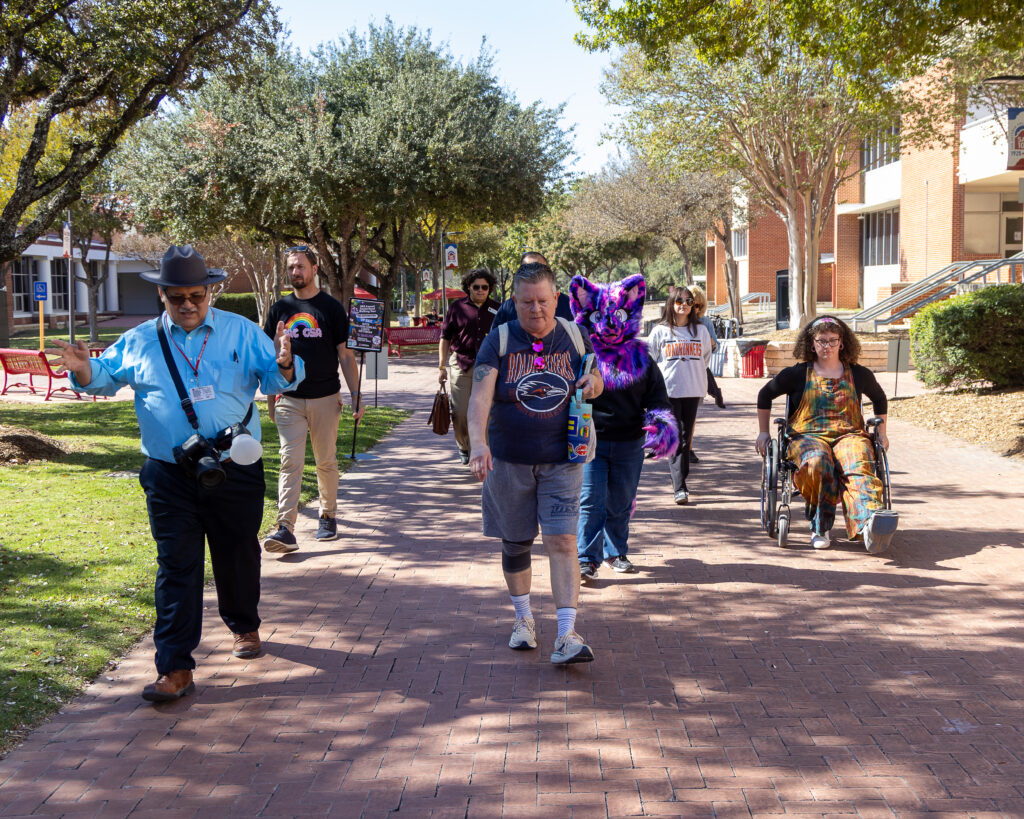
“This part of Tobin Hill, which includes San Antonio College, Main Street and the surrounding neighborhood is an important area that has changed over time and has contributed culturally to the city’s diversity and richness,” Gohlke said.
Gohlke’s dedication to the project stems from a personal interest dating back to the 1980s, which was narrowed to a formal focus on the evolution of San Antonio queer history while she worked on her master’s degree.
Gohlke said her work involves meticulously mapping out all the queer spaces that she’s found either through oral histories or local publication finding them through obscure sources.
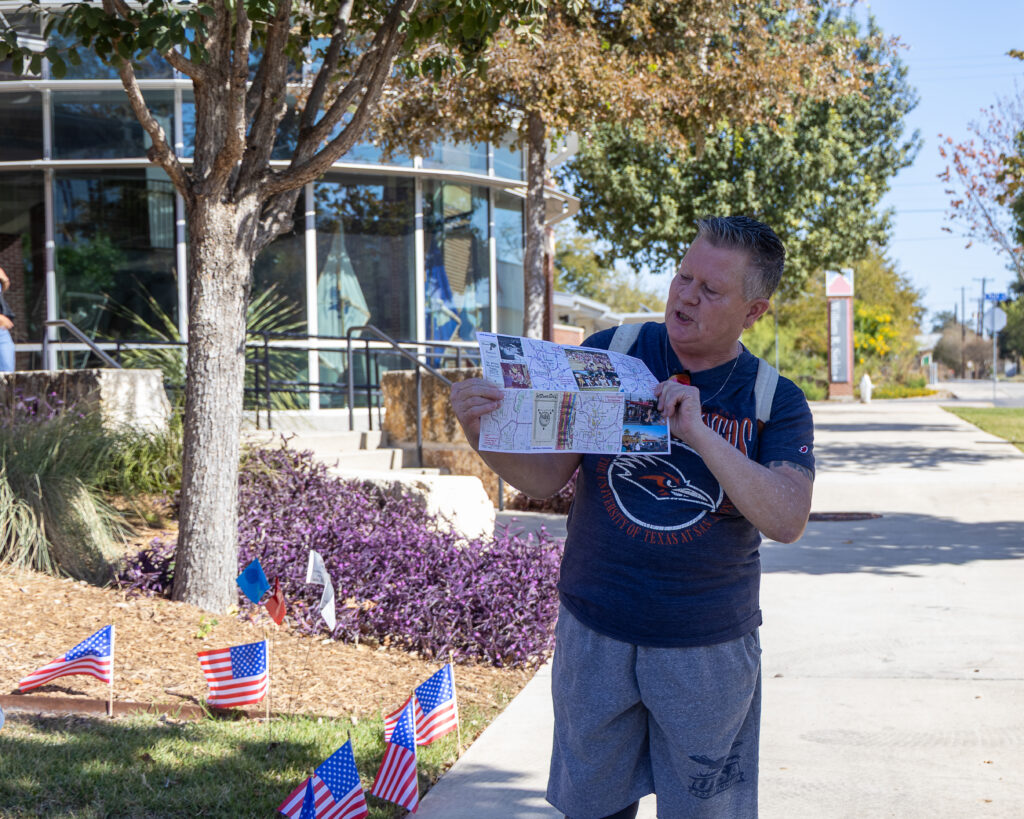
She relies on the resources of the Hap Veltman Foundation, an LGBTQ+ community archive compiled over four decades of activist and LGBTQ+ business entrepreneurs, whose influence shaped the River Walk’s evolution as a cultural space.
Veltman was an openly gay man and activist in the 60s and 70s, whose stature as a respected businessman enabled him to become a protector of downtown space.
Gohlke uncovered a historical figure known as “Zelda,” who captivated local society in the early 1900s as a popular female impersonator and a subject of local intrigue.
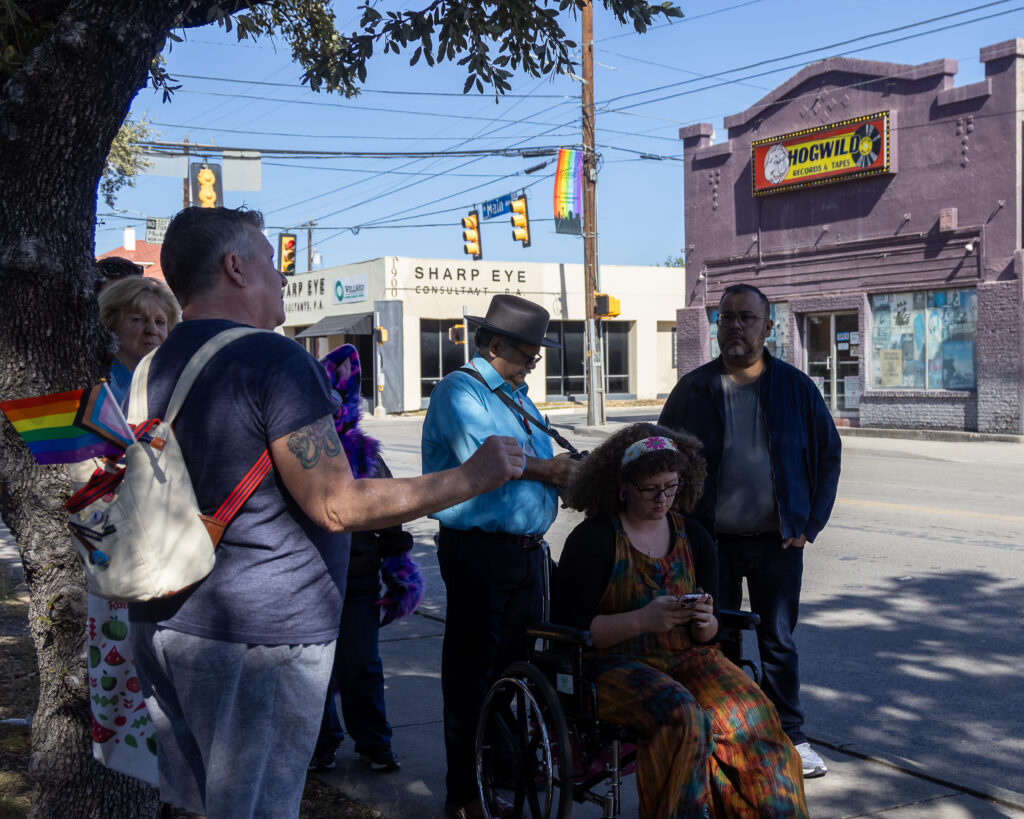
Gohlke said Zelda’s story is a rare “nugget of historical evidence” that offers a unique glimpse into the city’s past entertainment landscape, preceding the modern popularity of drag.
Gohlke said historical accounts surrounding Zelda’s involvement in a same sex relationship reveal more concern for the impersonator’s being and broken heart than moral outrage over the relationship.
The performer’s whereabouts became a source of great worry at one point, with Zelda later surfacing in places like Wisconsin and Missouri before eventually returning to San Antonio, the city he considered home.
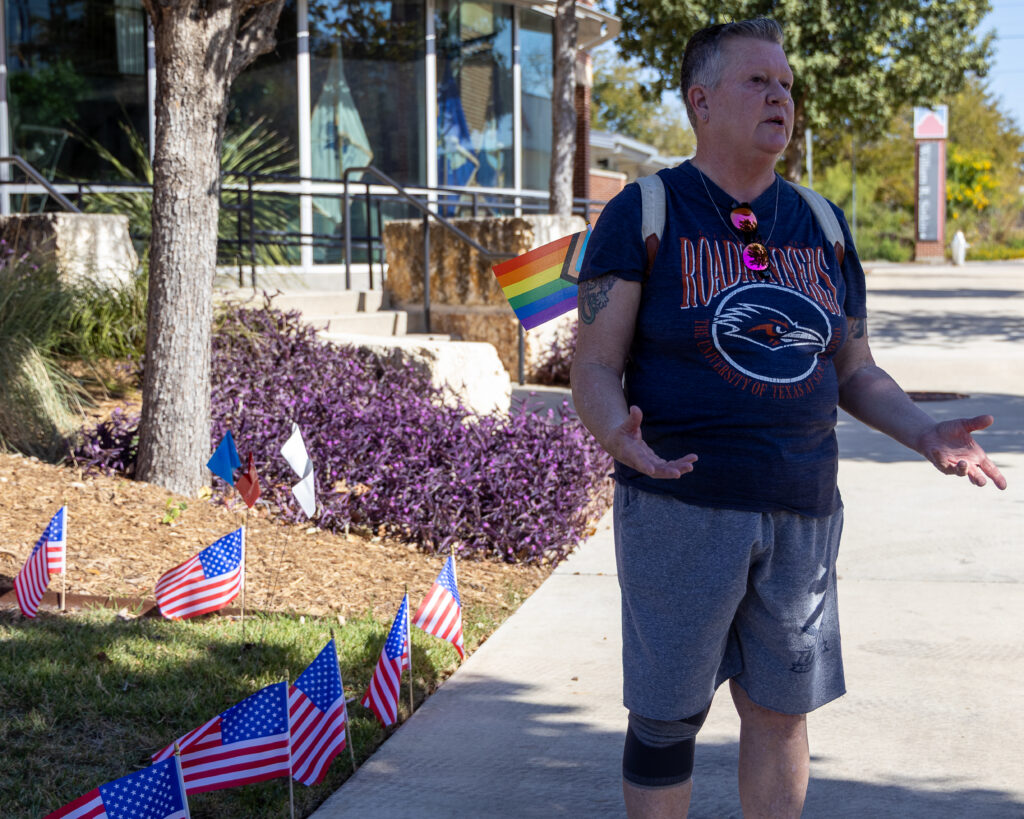
Zelda’s popularity highlights how common and beloved this form of entertainment was, with female impersonators being a key feature at venues like Electric Park, a popular amusement park that opened in 1906, located across from San Pedro Springs Park.
The park was inspired by the 1893 Chicago World’s Fair, illuminated by thousands of electric lights, featuring a roller coaster, carousel, Ferris wheel and a toboggan track.
The park operator had been in business a little over a decade before closing around 1917, partly due to competition and rising costs in the neighborhood.
Despite the growing support, preservation remains a significant challenge.
“A lot of the places that are significant to the evolution of this community have been razed-to make way for expansion, and before that, just for urban expansion,” Gohlke said. “We’re really fortunate that Hog Wild Records is still here, that the HEAT and the Pegasus and the Strip still exist. But when you’re on the side of Main Street where the bars are and you look across the street, you see where the easement has happened.”
Gohlke recalled a former beloved cafe, Luthers, which was a significant part of the community before development took hold.
“It’s gone, and it’s unfortunate that something like that, which was such an important institution, has gone,” Gohlke said. “But it does happen. The challenge is going to be — how do we ensure that what remains is not demolished?”
Gohlke’s work and the city’s office of preservation documents a crucial period for San Antonio LGBTQ+ history and solidifies the community’s place in the city’s narrative.
Alexandra Medina, a project archivist for the University of Texas at San Antonio Special Collections, attended the walking tour.
“[Gohlke] and I like to work on a lot of public history for San Antonio LGBTQ history, and that’s what drew me to this tour,” Medina said.
Those interested in exploring more history of San Antonio’s historic queer spaces can visit the city’s office of historic preservation to learn more.
Read Next: Dia De Los Muertos Ofrenda Procession Rejuvenates Culture

